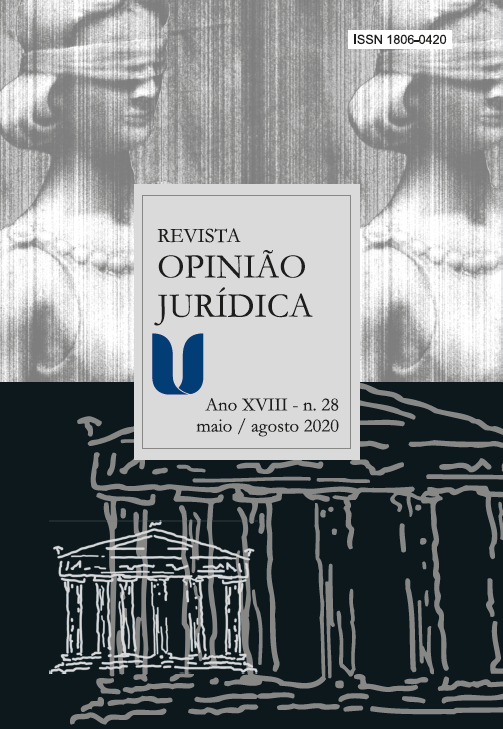Thinking about state announcements faults: public agent´s promotion and abuse of discretion on choosing communications medium
DOI:
https://doi.org/10.12662/2447-6641oj.v18i28.p257-275.2020Keywords:
State’s advertising, Oblique personalization of the officer, Technical criteria is pointed out for the election of the communication vehicles contracted, Misuse of power, Act of administrative misconductAbstract
The article addresses the State’s advertising, its constitutional limits and characteristics that the advertising material must gather in order not to become an oblique personalization of the officer, and consequent act of administrative misconduct. The research seeks parameters of Spanish legislation on state advertising, whose premises are compatible with Brazilian law. The mandatory obedience to technical criteria is pointed out for the election of the communication
vehicles contracted to broadcast public campaigns, which must ignore any political
or ideological valuation, supported by precedents of the Spanish Supreme Court, avoiding misuse of power and corresponding accountability.
Published
How to Cite
Issue
Section
License
CESSION OF COPYRIGHTS
The submission of articles to analysis for publication on Opinião Jurídica implies the author(s) transfers copyrights to Centro Universitário Christus – UNICHRISTUS for reproduction, publicizing, distribution, printing and publication, according to the Publication Norm 414R, Opin. Jur., Fortaleza, year 12, n. 16, p.1-414, Jan./Dec. 2014, costs to be bore by UNICHRISTUS, in whatever format or means that may or shall exist, in accordance to articles 49 and following of Federal Law 9.610/98.
1. In ceding copyrights, the author(s) agrees to do so in exclusivity, free of charge and for the totality of the work.
2. UNICHRISTUS may make the work, in its entirety or in parts, available for scholarly purposes, without altering its contents, except for small corrections that are deemed necessary.
3. The cession of copyrights is valid in all countries and for versions of the material in its original language or translated into a foreign language.
RESPONSIBILITY FOR THE CONTENT
By submitting an article, the author(s) declare to have sole responsibility for the content of the piece and is(are), therefore, responsible for any judicial or extrajudicial measures referring to it.
1. In case of joint authorship, all authors are considered collectively responsible, except when proved otherwise.



















